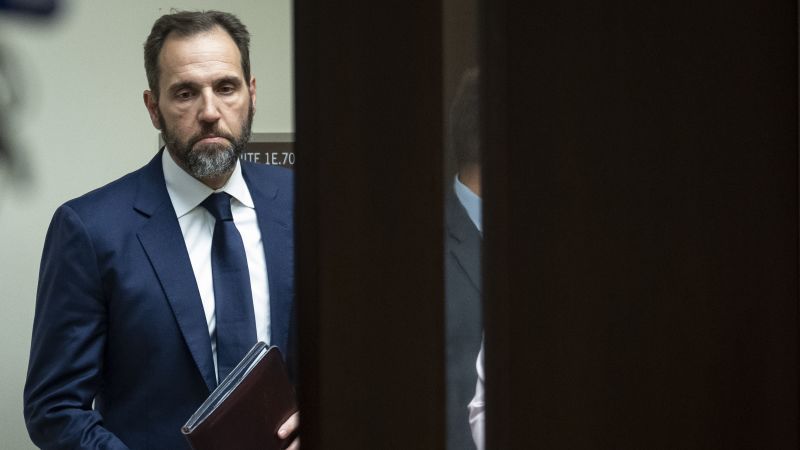Special counsel Jack Smith urged the Supreme Court to reject Donald Trump’s claims of immunity and to deny him any opportunity to delay a trial on charges related to the 2020 election. Smith argued that Trump’s claims have no basis in the Constitution or the history of the nation, and even if former presidents are entitled to some immunity, at least some of Trump’s actions were private and outside of official acts, making them eligible for prosecution.
Smith’s filing is one of the most closely watched cases of the Supreme Court’s current term. A ruling in favor of Trump could potentially undermine not only the special counsel’s election subversion case but also other pending criminal charges against him. The court is set to hear arguments on April 25, with a decision expected by July. Trump’s reply to Smith’s arguments is due next week.
In response to Trump’s claims, Smith argued that many of Trump’s actions were private and not within the scope of the president’s role in certifying election results. He described Trump’s efforts as part of a private scheme to remain in power through fraud. Trump had claimed in his initial arguments that denying him immunity could subject future presidents to blackmail and extortion, but Smith disputed this, stating that no person, including the president, should be above the law.
Trump had also suggested an alternative route for the justices to delay the trial until after the November election, but Smith urged the court to focus on the allegations of private conduct in the case. He proposed that even if some immunity for former presidents’ official acts exists, the trial should proceed based on Trump’s private actions in service of his private aim to retain office.
Trump’s claim for immunity has been rejected by two lower federal courts, with a three-judge panel of the DC Circuit unanimously rejecting his position in February. Smith also addressed Trump’s argument that the criminal statutes he was charged with did not apply to former presidents, calling it radical and unfounded. The special counsel highlighted that even crimes such as bribery, murder, treason, and sedition could not be exempt from the law for the president.
Overall, Smith’s arguments before the Supreme Court focused on the idea that no person, including a former president, should be immune from accountability for violations of federal criminal law. He emphasized the constitutional principle that no one is above the law, and even if the court were to recognize some immunity for former presidents, the trial should proceed based on Trump’s private actions in pursuit of personal gain. This case is ongoing, with a decision expected in the near future.


